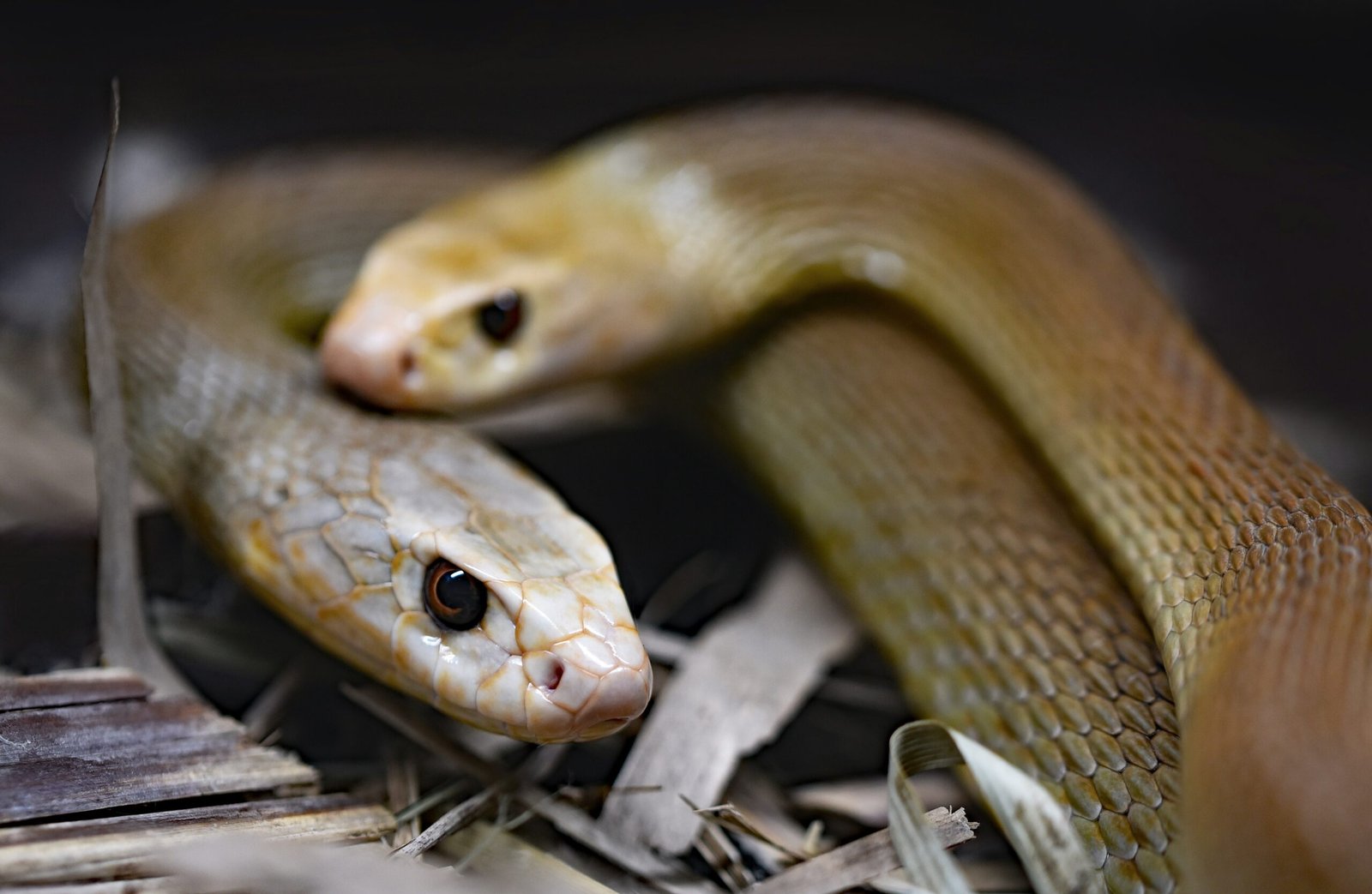
Introduction
Snakes are fascinating creatures that can be found in various parts of the world. While most snakes are harmless, there are some species that possess venomous capabilities. In this article, we will explore the different types of poisonous snakes and provide some interesting facts about them.
Poisonous Snakes
Here are some of the most well-known poisonous snakes:
1. Eastern Diamondback Rattlesnake
The Eastern Diamondback Rattlesnake is the largest venomous snake in North America. It can be found in the southeastern United States and has a distinctive diamond-shaped pattern on its back. Its venom is highly potent and can cause severe tissue damage.
2. Black Mamba
The Black Mamba is one of the deadliest snakes in the world. It is native to sub-Saharan Africa and is known for its aggressive behavior. The venom of the Black Mamba attacks the nervous system and can cause paralysis and death if left untreated.
3. Inland Taipan
The Inland Taipan, also known as the “fierce snake,” is found in Australia. It has the most potent venom of any land snake in the world. Despite its potency, the Inland Taipan is shy and rarely encountered by humans.
4. Russell’s Viper
Russell’s Viper is a highly venomous snake found in parts of Asia. It has a triangular-shaped head and a distinctive pattern on its body. The venom of this snake affects the blood-clotting ability of its prey, causing internal bleeding.
5. Belcher’s Sea Snake
The Belcher’s Sea Snake, also known as the Faint-banded Sea Snake, is the most venomous snake in the world. It inhabits the waters of the Indian Ocean and the western Pacific Ocean. Despite its potency, it is not considered a threat to humans as it rarely comes into contact with them.
Snake Venom and its Effects
Snake venom is a complex mixture of proteins and enzymes that can have various effects on the human body. The specific effects of snake venom depend on the species of snake and the composition of its venom.
Some common effects of snake venom include:
- Neurotoxicity: Venom that affects the nervous system can cause paralysis and respiratory failure.
- Hemotoxicity: Venom that affects the blood can cause internal bleeding and disrupt the clotting process.
- Cytotoxicity: Venom that affects cells can cause tissue damage and necrosis.
- Cardiotoxicity: Venom that affects the heart can cause cardiac arrest and other cardiovascular complications.
It is important to note that not all snake bites result in envenomation. Some snakes may bite without injecting venom, while others may release a small amount of venom that does not cause significant harm.
Snakebite Treatment
If you are bitten by a poisonous snake, it is crucial to seek medical attention immediately. Do not attempt to treat the bite yourself or use any traditional remedies.
The treatment for snakebites typically involves:
- Keeping the victim calm and still to slow down the spread of venom.
- Applying a pressure immobilization bandage to limit the movement of venom through the lymphatic system.
- Transporting the victim to a medical facility where antivenom can be administered.
It is important to remember that antivenom is the only specific treatment for snakebites. Prompt medical intervention is crucial to prevent complications and ensure a successful recovery.
Conclusion
Poisonous snakes can be found in various parts of the world and possess venom that can cause serious harm. Understanding the different types of poisonous snakes and their venomous capabilities is essential for staying safe in snake habitats. Remember, prevention is key, and if you do encounter a poisonous snake, it is important to exercise caution and seek professional help if bitten.